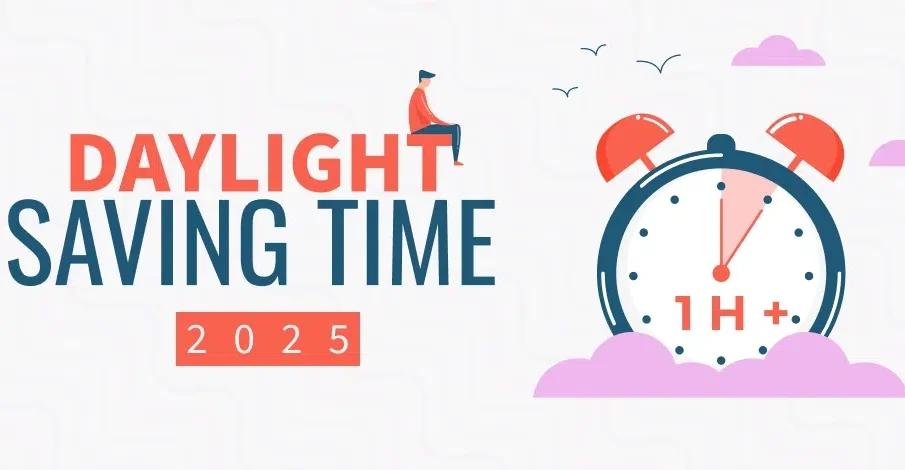Understanding the Importance of Clocks Change

Introduction to Clocks Change
The twice-yearly change in clocks has been a topic of debate for many years. As nations adjust their timepieces to either spring forward or fall back, the significance of this practice has implications for various aspects of life, including health, safety, and energy consumption. As the UK prepares for the upcoming clock change in October 2023, it prompts discussions about its necessity and effects.
Upcoming Changes in October 2023
In the UK, the clocks will fall back one hour at 2:00 AM on 29th October 2023, returning to Greenwich Mean Time (GMT). This adjustment marks the end of British Summer Time (BST), implemented to make better use of daylight during longer summertime days. As daylight hours shorten in autumn and winter, millions will wake up to darker mornings and earlier nights.
The Benefits and Drawbacks
Proponents of the clock change argue that this practice maximizes daylight during the evening, allowing people to engage in outdoor activities and reduce reliance on artificial light. Energy savings have been cited as one of the primary benefits, as the extended daylight reduces the need for electricity in homes and businesses.
However, critics contend that the disruption to natural sleep patterns can lead to health issues, including increased rates of sleep disorders and reduced productivity. Studies have shown a spike in heart attacks and accidents in the days following the time change, raising concerns about the overall safety of shifting the clocks.
Current Debates on Clock Changes
Discussions surrounding the abolition of clock changes continue, with some countries reconsidering this practice altogether. The European Union previously considered abolishing daylight saving time, but many member states debated the potential consequences for cross-border travel and agriculture. In the UK, the topic resurfaced following the Brexit referendum, with some calling for a permanent transition to either BST or GMT.
Conclusion and Future Significance
As the date approaches for the clocks to change, individuals and families should brace for the impact on their daily routines. The importance of understanding this time-transitioning practice goes beyond mere inconvenience; it touches on health, lifestyle, and environmental sustainability. As conversations persist about the future of clock changes, it remains essential for citizens to stay informed and prepared for the implications of their timekeeping – whether they are for or against this practice. The upcoming shift is a reminder for all to adjust, both in time and in mindset, as we navigate the darker months ahead.









